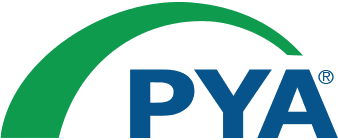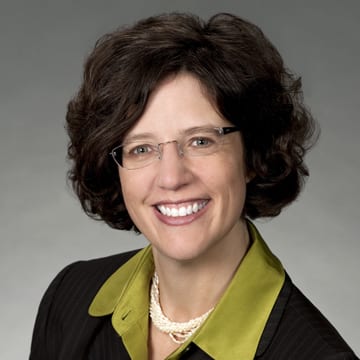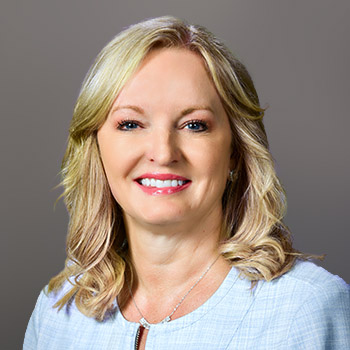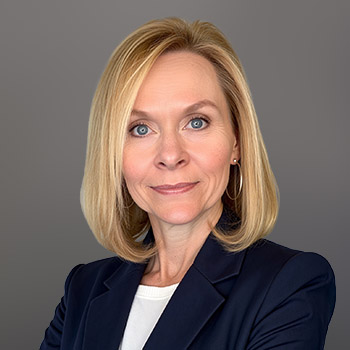In an American Health Law Association (AHLA) podcast and publication, Principal Tynan Kugler discusses challenges and trends related to life sciences companies engaging physicians as key opinion leaders (KOLs). Kugler along with Mara Smith Kouba, Bristol Myers Squibb, and Jonathan Porter, Husch Blackwell LLP, share in-depth insights about the increased enforcement activity and recent Justice Department settlements related to the practice of engaging KOLs.
In the Feb. 11 AHLA podcast, “Key Considerations Related to Medical Device, Pharmaceutical, and Biotech Arrangements,” the experts examine policies, guiding principles, risks, and compliance for life sciences organizations interacting with providers; compensation to KOLs; digital opinion leaders; and more.
The team shares the importance of organizations clearly identifying the intent of their educational materials or speaking programs and thoroughly documenting the engagements. They also discuss the need to thoughtfully derive appropriate compensation and commercial reasonableness for the engagement based on documented need and the expected time demands for the KOL.
“With the rise of social media, digital opportunities [are increasing] for key opinion leaders, so [we’re seeing] a term called ‘DOL’ or digital opinion leader,” Kugler says. “How do we pay a DOL, and what are the things, such as follower demographics, we need to think about to get to the right compensation?”
Speaker programs have been increasingly investigated over the past decade, state Kugler, Kouba, and Porter in an AHLA article, “New Pharma FCA Settlement Shows Need for Speaker Program Compliance.” According to the authors, the Justice Department announced a large settlement with a life sciences company, Pfizer’s Biohaven, in January 2025 that emphasizes the need to understand compliance with educational events.
Kugler, Kouba, and Porter write:
“…life sciences companies educating healthcare providers on the clinical benefits of products is still valuable for all…so the critical question is where the line is drawn between government-compliant educational events and non-compliant ones.…[T]he Pfizer settlement shows the Justice Department and whistleblowers are continuing to scrutinize speaker programs that lack a legitimate educational purpose and are not presented to appropriate audiences. Life sciences companies and healthcare providers must give serious thought to their compliance programs and document the educational programs they offer to demonstrably show that these programs (and any compensation for such) are addressing educational gaps relevant to the healthcare provider attendees, are consistent with fair market value, and are not just pass-throughs for kickbacks.”
The podcast is part of the AHLA Speaking of Health Law series, and the article was published in the AHLA Practice Group Bulletin on Feb. 10. AHLA is the largest nonprofit, nonpartisan educational organization devoted to legal issues in the healthcare field.
For more than 40 years, PYA has assisted clients with compensation valuation, planning, and design as well as regulatory compliance, strategy, and performance improvement. For assistance, our executives are happy to help.
Learn more:








